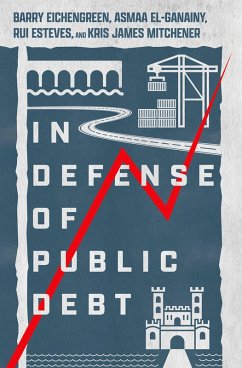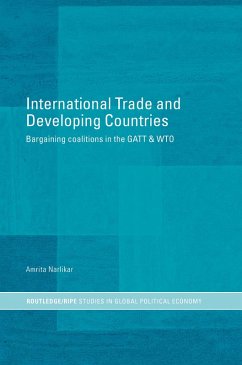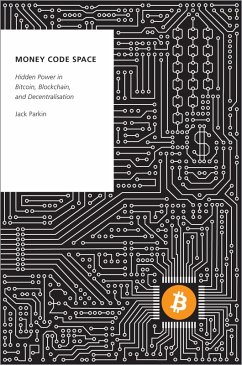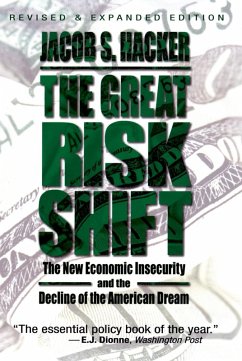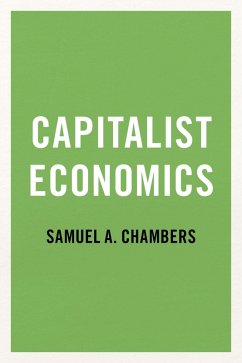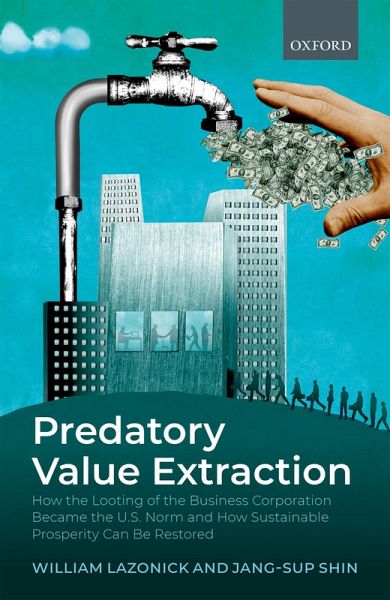
Predatory Value Extraction (eBook, ePUB)
How the Looting of the Business Corporation Became the US Norm and How Sustainable Prosperity Can Be Restored
Versandkostenfrei!
Sofort per Download lieferbar
30,95 €
inkl. MwSt.
Weitere Ausgaben:

PAYBACK Punkte
15 °P sammeln!
Predatory Value Extraction explains how an ideology of corporate resource allocation known as 'maximizing shareholder value' (MSV) that emerged in the 1980s came to dominate strategic thinking in business schools and corporate boardrooms in the United States. Undermining the social foundations of sustainable prosperity, it resulted in employment instability, income inequity, and slow productivity growth. In explaining what happened to sustainable prosperity, William Lazonick and Jang-Sup Shin focus on the growing imbalance between value creation and value extraction in the U.S. economy, and th...
Predatory Value Extraction explains how an ideology of corporate resource allocation known as 'maximizing shareholder value' (MSV) that emerged in the 1980s came to dominate strategic thinking in business schools and corporate boardrooms in the United States. Undermining the social foundations of sustainable prosperity, it resulted in employment instability, income inequity, and slow productivity growth. In explaining what happened to sustainable prosperity, William Lazonick and Jang-Sup Shin focus on the growing imbalance between value creation and value extraction in the U.S. economy, and the corporate-governance institutions that determine this balance in the nation's major business corporations. The imbalance has become so extreme that predatory value extraction is now a central economic activity, to the point at which the U.S. economy as a whole can be aptly described as a value-extracting economy. Balancing the contributions of economic actors to value creation with their power to extract value provides the foundation for stable and equitable economic growth. When certain economic actors are able to assert their power to extract far more value than they contribute to the value-creation process, an imbalance occurs which, when extreme, leads to dire economic, political, and social consequences. This book not only explores these consequences, but also sets out an agenda for restoring sustainable prosperity.
Dieser Download kann aus rechtlichen Gründen nur mit Rechnungsadresse in A, B, BG, CY, CZ, D, DK, EW, E, FIN, F, GR, HR, H, IRL, I, LT, L, LR, M, NL, PL, P, R, S, SLO, SK ausgeliefert werden.





